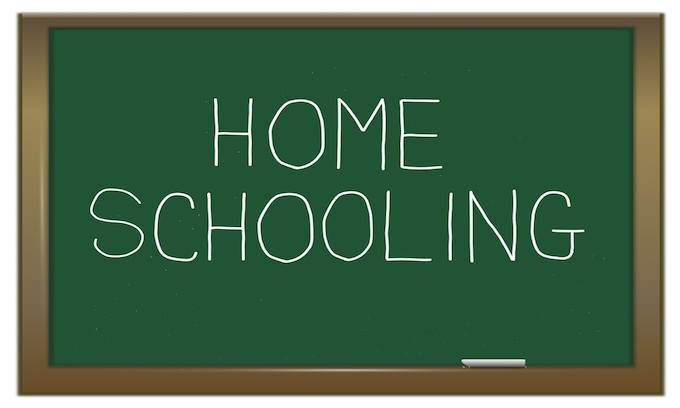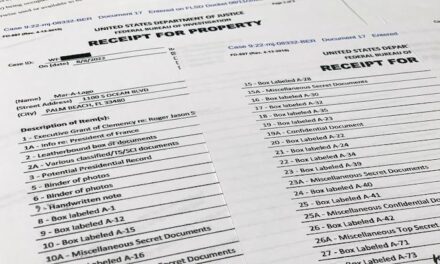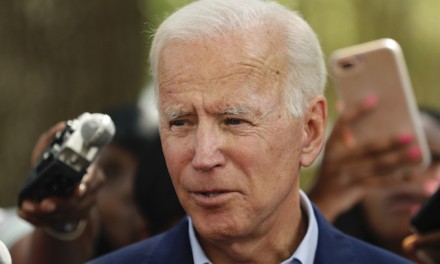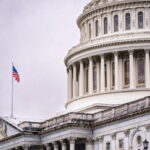After parents decided to homeschool their 9-year-old special needs son due to his public schools’ inflexibility concerning his special therapy, officials sent a social worker to try and prove that he wasn’t being properly educated — and re-enroll him in public school.
Wanting to find the best form of education for their child, Mr. and Mrs. Kupper did not believe the North Carolina public school officials’ rigid program — and unwillingness to accommodate their son with severe special needs — had his proper development in mind.
“After a semester in the public school system, the Kuppers saw firsthand an increase in anxiety caused by public school attendance and disruption to their son’s regular appointments with his counselor,” the Home School Legal Defense Association (HSLDA) explained. “The school was demanding that he skip certain appointments scheduled during school hours, which was damaging according to his professional therapist and the Kuppers’ observation.”
Because of the school’s lack of cooperation, the Kuppers made the decision to homeschool their special needs son, being confident in their ability to meet his developmental needs because they were already home-educating their two older children. Both siblings were performing extraordinarily well academically and the Kuppers were confident that the flexibility allowed in homeschooling would allow their son to flourish.
But exercising their school choice did not sit well with the school system.
“School officials did not like the Kuppers’ decision to homeschool their son,” HSLDA reports. “They believed this 9-year-old would be better served in public school.”
Unwarranted home invasion?
In order to get the homeschool student back under the state-controlled education environment on their public school campus, officials made an unsubstantiated claim that the boy was being unsatisfactorily educated at home.
“[Public school officials then] contacted the Department of Health and Human Services and argued that the Kuppers could not provide at home the same quality of education taught in public school,” the Christian legal group stated. “What’s more, this report was made just days after the boy was withdrawn from public school, so they had no valid evidence to make this assertion.”
As a result, a social worker was assigned to investigate the Kuppers — a state intrusion that was reportedly unwarranted.
“Mr. and Mrs. Kupper promptly received a visit from a social worker, who came into the home, talked with the children and requested all kinds of detailed information about the Kuppers’ homeschool curriculum, schedule and methodology,” HSLDA Staff Attorney Dan Beasley maintained. “The Kuppers called the North Carolina Department of Nonpublic Education, confirmed their nonpublic school status and were told that they met the legal requirements to homeschool.”
Once the information was attained supporting the fact that their child’s educational requirements were being met, both parents informed the social worker’s supervisor that there was no need for the state to be worried about their son’s education, but this was still not enough for the state.
“This is where we have a disagreement with the DNPE,” the supervisor told the Kuppers. “We feel we can request additional information to verify the quality of your home education.”
Appealing to the law
During the social worker’s second visit to the parents’ home, Beasley spoke on their behalf over the phone, informing the state employee that parents are the ones who have the right to choose the best form of education for their children — not school officials. It was also communicated that home education gives parents the ability to custom-tailor instruction to meet each one of their child’s individual needs.
Beasley went on to tell the social worker that the Kuppers have already proven that they provide superior education for their children at home — a fact that he said is supported by statistical studies that consistently show how homeschoolers generally demonstrate academic excellence, especially when compared to publicly schooled students. To back this up, the lawyer for the nonprofit organization shared that the Kupper’s older children scored in the 99th and 96th percentile on a nationally norm-referenced standardized achievement test.
This — and seeing for herself — was apparently all the social worker needed to be convinced that the 9-year-old was in good hands with his parents at home.
“The social worker, to her credit, agreed that the family were within their legal rights,” the Purcellville, Virginia-based legal firm informed. “She indicated over the phone that she would respect the Kuppers’ right to choose to homeschool their son.”
After seeing for the second time with their own eyes that the Kuppers were helping their son to excel academically, she let Beasley know that she was planning to close the investigation of their homeschool.
Even though HSLDA sees the value of the state looking after the well-being of children, it argues that most of the taxpayer-funded resources it uses to investigate homeschooling families is ill-spent.
“HSLDA acknowledges that social workers serve an important role in protecting innocent children from real abuse and neglect, [b]ut we are passionately committed to defend the right of parents to choose the best form of education of their children,” HSLDA declares. “Time spent on cases like this would be better spent investigating legitimate allegations of abuse or neglect.”
—-
Copyright American Family News. Reprinted with permission.



















Recent Comments